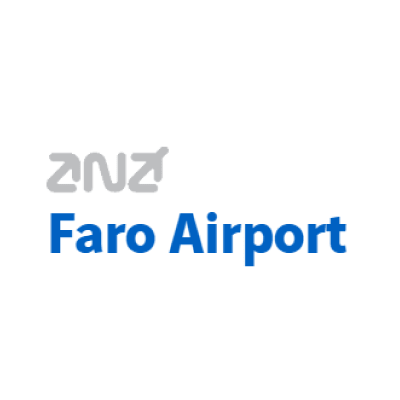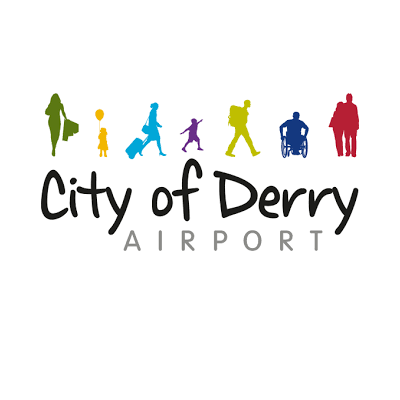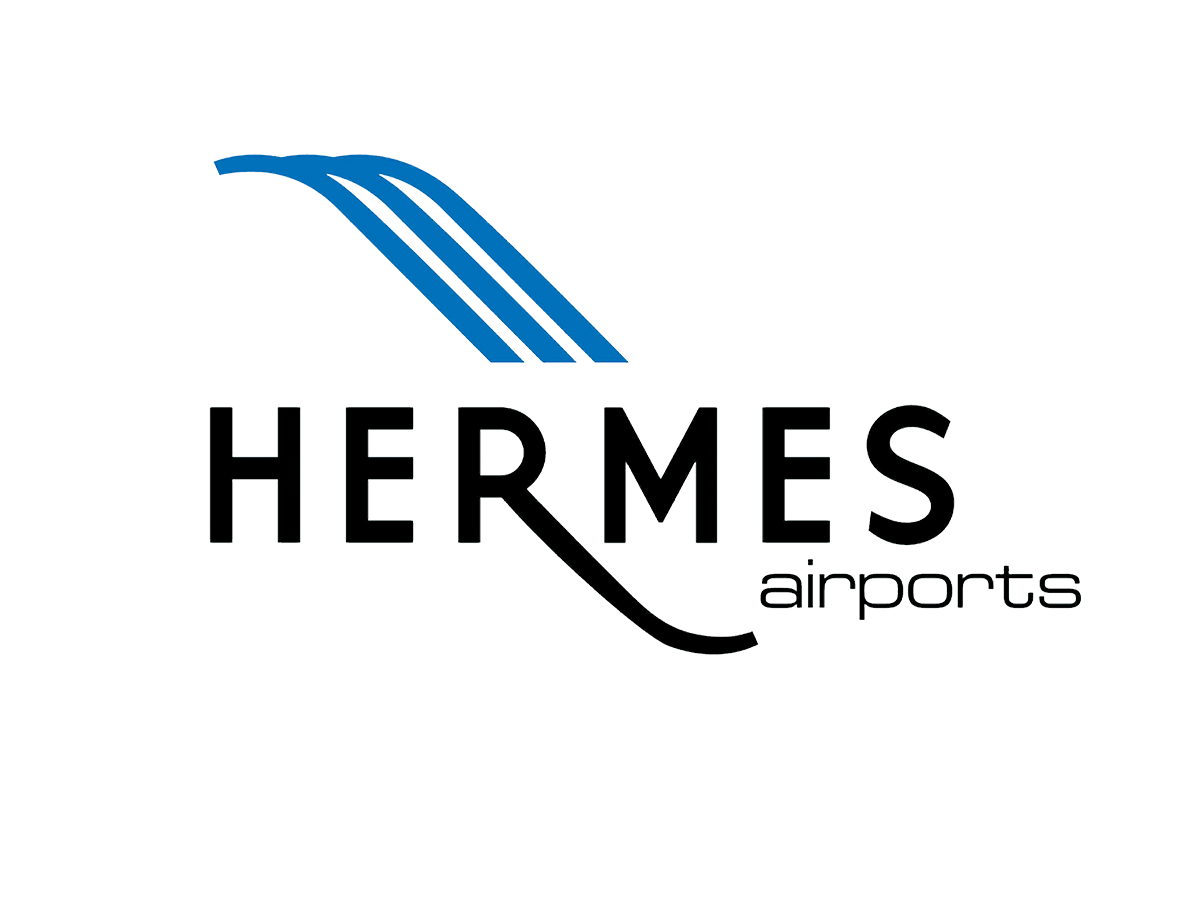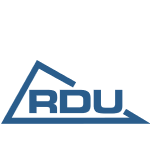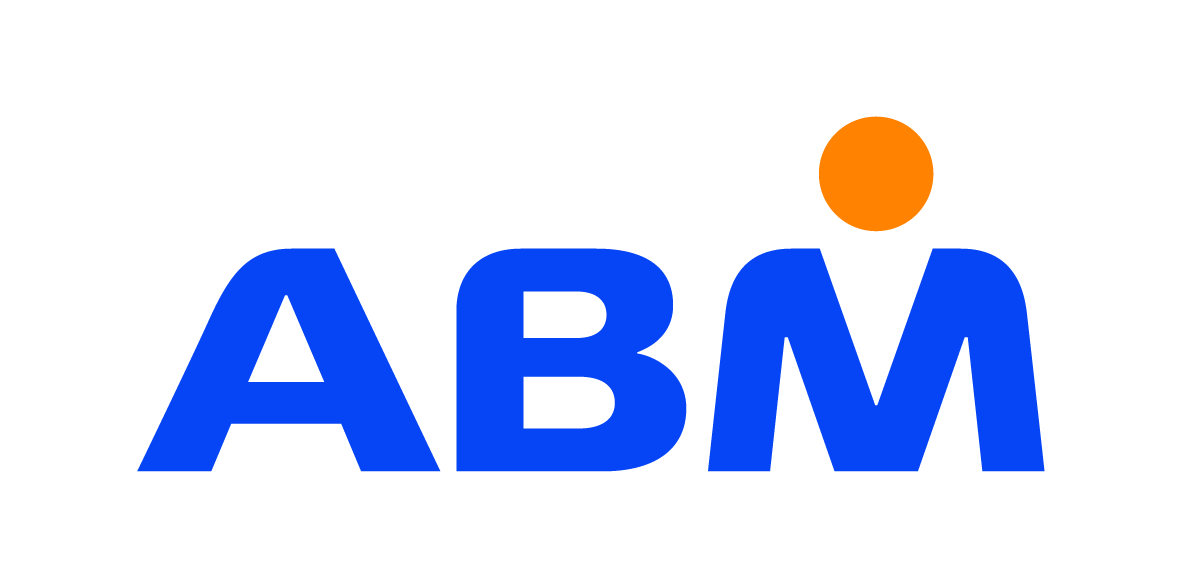Ecommerce has changed the face of shopping. Transactions have migrated towards online as consumers enjoy the 24/7 convenience of the internet, and by 2040 it’s estimated that ecommerce will account for 95% of all purchases.
When we talk about ecommerce, we often refer to B2C transactions, but online is shaping the way B2B performs. In 2020, the global B2B ecommerce market size was valued at 6.64 trillion USD and will likely increase to an estimated 25.65 trillion USD by 2028, expanding at a compound annual growth rate (CAGR) of 18.7% from 2021 to 2028.
What is B2B reservation ecommerce?
Business to business (B2B) reservation ecommerce is the sale of goods or services between businesses via a digital sales portal. Despite being slower to adopt ecommerce, B2B brands are increasingly looking for ways to bring their product and service reservations online to improve the efficiency of their sales efforts and meet the evolving needs of their customers.
Until fairly recently, launching a digital B2B reservation solution wasn’t an option for the majority of smaller businesses and independent venue operators. However, thanks to the development of plug-and-play solutions like the Rezcomm Marketplace, advanced ecommerce functionality is within budget and reach of all businesses.
From flight tickets to travel reservations, concert tickets to parking subscriptions – whatever you’re selling, an omnichannel solution like the Rezcomm Marketplace makes it possible to meet the needs of both your business and customers.
Trends in B2B ecommerce for 2022 and beyond
When choosing reservation ecommerce software, you need to consider the changing needs of the customers you serve. For example, while a Gen X buyer may have preferred the personalised experience of an in-person sales rep, 73% of Millennials are now involved in the B2B buying process. This technology-driven generation expects the same personalised experience only through seamless digital channels.
As a result, BigCommerce, predicts that one of the biggest trends for B2B ecommerce in 2022 will be creating a customer-centric B2C-like experience for shoppers. Prioritising user experience and the user interface is key to ensuring customers can quickly locate what they are looking for and make reservations with ease.
Additionally, 50% of B2B buyers highlight personalisation as a key feature when searching for online suppliers to build relationships. As a result, they’ll spend 48% more with B2B brands that offer a personalised experience. With this in mind, it is essential to choose a reservation ecommerce solution that can deliver a personalised shopping experience, with the ability to harness previous booking data and behaviours and tailor cross-sells, upsells and offers to enhance the customer experience.
How to choose the best reservation ecommerce software
Chances are you’re already using online booking software. But seeing as you’ve clicked on this article, we’ll go out on a limb and suggest that you’re likely looking for something better. Perhaps your existing software is costly and outdated? Maybe it’s limited in terms of the customisation features or functionality it offers. Whatever the reason, now is a great time to consider something new.
But what exactly should you be looking for in reservation ecommerce software? Let’s start with some basic requirements.
Reservation ecommerce software requirements
High-quality reservation ecommerce software should:
- Make it possible to create a seamless customer experience across all touchpoints and throughout the booking channel.
- Provide all users, whether internal sales or external customers, with the same account functionality.
- Generate accurate invoices and enable customers to view and pay invoices online.
- Enable customers to request quotes and initiate orders online that their account executive can then process or complete orders online initiated in person.
- Make it easy for your venue to collaborate with business partners and resellers.
- Accommodate changes in market strategies when your venue rolls out new products, engages with different customer segments or employs new business models.
Reservation ecommerce software features to look for
Now you’ve considered the requirements, let’s get into the nitty-gritty of the system. Does it offer the following features?
- A ‘Manage My Account’ facility so partners and customers can manage their bookings, safeguard their data, and protect their privacy.
- Multiple languages and currencies to enable customers and partners worldwide to checkout quickly and confidently.
- A fully-customisable, brand-matched marketplace to create a seamless customer experience and maintain customer trust.
- Mobile optimisation and social media integrations to deliver a seamless omnichannel experience.
- Upsell and cross-sells during the booking journey to increase customer spending.
- Flexible product management tools to create and manage products, set yield, lead-time, exception rules and manage pricing, images and content.
- Comparison tools to manage and compare availability, capacity and occupancy in real-time.
- A tariff editor to simplify the complex task of building pricing and tariff structures.
- A centralised customer information management system to build a complete picture of your customers in a secure environment and manage their bookings and queries with speed.
- API connections to support your business in maximising the reach of products and services with real-time third-party integrations. Plus, the option to create credit rules, discount structures and bespoke products through a partner portal.
- Reporting facilities to measure financial and operational performance and identify behavioural trends across your venue’s product and service range to help you predict your visitors’ needs, manage operation resources and increase revenue.
- Marketing automation to engage with B2B customers and partners, unlock revenue and improve loyalty.
The Rezcomm Marketplace offers all of these fantastic Reservation features and more. Whether you are selling meeting room reservations, COVID-19 test bookings, or parking subscriptions online, we make it easy for your customers to search, cost and book the services they need from the one brand they trust – yours.
Get in touch with the Rezcomm team today to discover how our Reservations modules can benefit your business.

